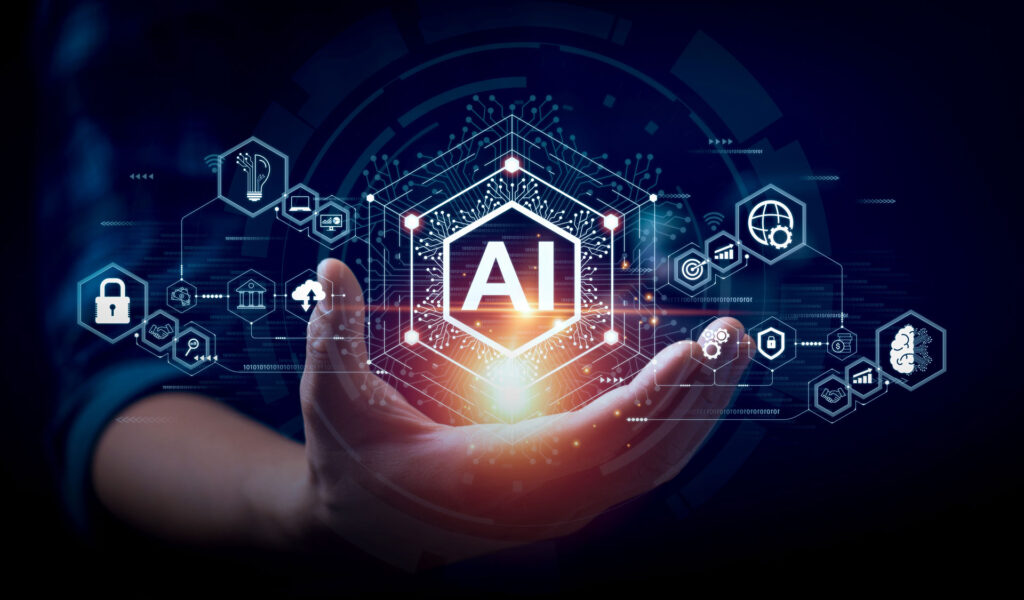
Artificial Intelligence (AI) has become one of the most transformative technologies of our time, but its roots are steeped in centuries of intellectual curiosity and innovation. From the musings of ancient philosophers to the groundbreaking algorithms of the 21st century, the history of AI is a fascinating tale of human ingenuity, perseverance, and imagination.
The idea of creating intelligent beings dates back to ancient civilizations. In Greek mythology, we find the tale of Talos, a giant automaton built by Hephaestus to protect Crete. Similarly, philosophers like Aristotle theorized about logic and reasoning, laying the groundwork for systems that could mimic human thought. During the 17th century, thinkers like René Descartes and Gottfried Wilhelm Leibniz began formulating theories about mechanized reasoning, envisioning “thinking machines” long before they were technologically feasible.
The Industrial Revolution ushered in a wave of mechanical ingenuity. Automatons, clockwork devices designed to mimic human actions, captured the imagination of inventors and the public alike. Charles Babbage’s Analytical Engine (1837) and Ada Lovelace’s visionary notes on it were critical milestones, hinting at machines capable of more than just calculations—they could follow instructions to perform tasks, a precursor to programmable computers.
The 20th century saw the emergence of foundational technologies that propelled AI from concept to reality. The invention of the digital computer in the 1940s provided the necessary hardware for running intelligent algorithms. Visionaries like Alan Turing posed profound questions about machine intelligence, with Turing’s famous paper, “Computing Machinery and Intelligence” (1950), introducing the “Turing Test” to evaluate a machine’s ability to exhibit human-like intelligence.
In 1956, the term “Artificial Intelligence” was coined during the Dartmouth Conference, organized by John McCarthy, Marvin Minsky, Nathaniel Rochester, and Claude Shannon. This marked the official birth of AI as a scientific field, setting the stage for decades of exploration.
The post-war years were a period of optimism and rapid progress in AI research. Early programs like Logic Theorist and General Problem Solver demonstrated that machines could solve logical puzzles and perform symbolic reasoning. During this time, MIT’s Marvin Minsky and other pioneers worked on developing neural networks and robotics.
However, limitations in computational power and unrealistic expectations led to disillusionment in the 1970s, a period often referred to as the “AI Winter.” Funding dried up, and AI research slowed considerably.
AI made a comeback in the 1980s, thanks to the advent of expert systems—software designed to simulate the decision-making abilities of a human expert. At the same time, research in neural networks gained traction, inspired by advancements in cognitive science and neuroscience.
In the 1990s, machine learning algorithms, which allowed systems to learn from data rather than relying on hard-coded rules, began to revolutionize AI. This period saw milestones like IBM’s Deep Blue defeating chess champion Garry Kasparov in 1997, a triumph of brute-force computation and strategic programming.
The 21st century has been characterized by an explosion of AI advancements, driven by massive increases in computational power, the availability of big data, and breakthroughs in algorithms like deep learning. Companies like Google, Amazon, and Tesla have harnessed AI to power innovations in search engines, personal assistants, self-driving cars, and more.
Milestones like DeepMind’s AlphaGo defeating Go champion Lee Sedol in 2016 and the rise of natural language processing models like OpenAI’s ChatGPT have demonstrated AI’s ability to tackle complex, creative tasks.
As AI continues to advance, it raises important ethical questions about privacy, bias, job displacement, and decision-making. Efforts to address these challenges include creating fair algorithms, establishing global AI governance, and ensuring that AI serves humanity’s broader interests.
Today, AI touches almost every aspect of life, from healthcare and education to entertainment and space exploration. As we look to the future, AI holds immense promise, but it also demands careful stewardship to ensure it remains a tool for good.
The journey of AI is far from over, and as technology evolves, so too will our understanding of intelligence itself. The history of AI is a testament to humanity’s unyielding quest to replicate and expand the very essence of what it means to think and learn.


